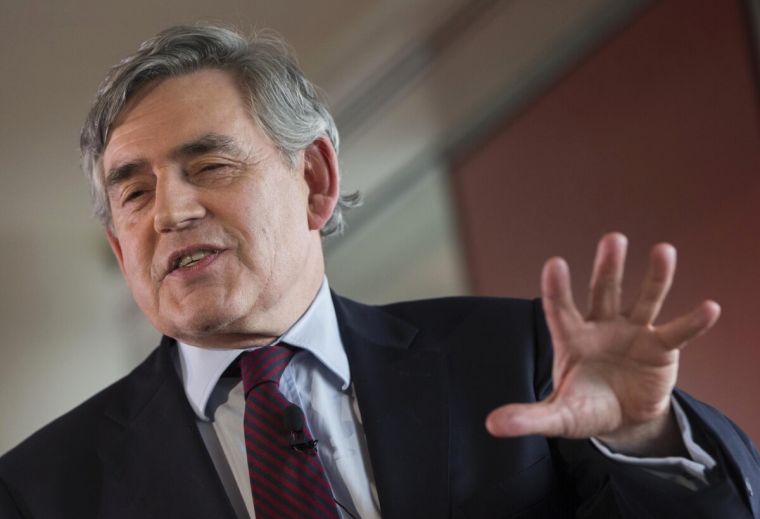Leadership (with a small 'l'): The gift the church has to share with the world
To say that we are suffering from a crisis of leadership might sound melodramatic. But with a lack of moral leadership in the US together with a lack of political leadership in the UK, the 'sleepwalking' and 'leaderless world' described by Gordon Brown recently doesn't sound so theatrical.
In the last year, in the US, many seasoned church leaders have written about the impact of the moral failure of those around them. Particularly challenging was the muddled response to Bill Hybels which rocked many who saw Willow Creek as a global leader on leadership.

Trust in leadership is fundamental to participation in the political process too. But Brexit deadlines passing us like service stations on the M1, many of us might be wondering where all the grown-ups have gone.
Leadership – with a small l – is about service and no organisation seems better positioned for this than the church. Today our churches represent a diverse and gifted community with the ability to demonstrate what it means to be a force for good in the world – in every sphere – from business to social welfare or climate change.
According to the Apostle Paul, when we gather together in our churches, it's the role of the preachers, pastors and prophets to prepare the saints for works of service. So that wherever we serve we have the opportunity to be of influence, and where we influence, we have the opportunity to lead. This suggests that, as the church leaves the building, we go into every city, every industry, and every community, with the opportunity to impact a nation in desperate need of leadership.
However in reality of course, it can all get a bit messy. Our model is Christ, from whom we learn love not leadership. For some of us leadership is too complicated – too corporate, too loaded. Perhaps something we were called into too young, too ill-equipped, or too often. Or perhaps something too closely tied to power, control or patriarchy. It's just not something we're comfortable with.
So we've stepped back, stepped down, or stepped out. Perhaps just for a season. But we've allowed something that's an unshakeable part of us, our faith, our witness, our mission – to be salt and light, at the very least – to be taken from us.
So it's not surprising when even the word 'leadership' might make us feel uncomfortable. But isn't it on us to wrestle with this anyway?
Imagine the difference it could make, from the boardroom to the school gate, if our churches were places where we learnt what leadership could look like – using our time, energy and money for the common good – and then we went out and did it.
So the question is, will we be the ones to lead in a way that reflects the Christ we follow? And if not outside the church, what about inside?
For a generation raised on social media a lack of traditional leadership is no obstacle to impact. Influence is demonstrated by how well you can mobilise people to a common cause.
We – the church – have done a great job of firing up each new generation and instilling them with visions of history-making grandeur. We've set light to them but then left them to burn, letting them slowly fizzle out when history wasn't made and they didn't seem to matter.
But we can't keep doing this. Every generation needs the one before it to stand alongside them, to root them in what endures, surround them with what brings life, and empower them to go further than we ever did – to serve a greater cause than they could ever imagine.
The church is called to all of that and more, but it's not an abstract organism. It's made up of living stones – you and me – overachievers, misfits, snowflakes and wannabes. And somehow in following Christ's example of service and sacrifice, it leads the way to something better. It might seem like the blind leading the blind sometimes but we do have a better way. A way of living that is desperately needed, both within our communities and at the highest levels.
In the US recently, Bishop Michael Curry has been outspoken about the lack of engagement on issues that extend beyond the walls of our churches – 'We as Christian leaders must speak up and bear witness to the values that we hold based on the teachings of Jesus. And when we fail to do so, we've failed to represent the Christian faith in the public sphere.'
There is a vacancy for leadership at the heart of our public dialogue, our workplaces and – often – inside our churches too. But it's no good looking over our shoulders. What about us?
Karen Sturrock is a lawyer turned copywriter. Follow her on Twitter @karenlsturrock.











